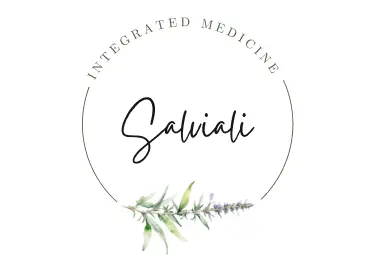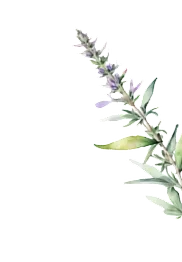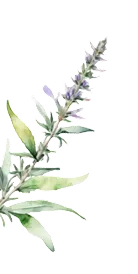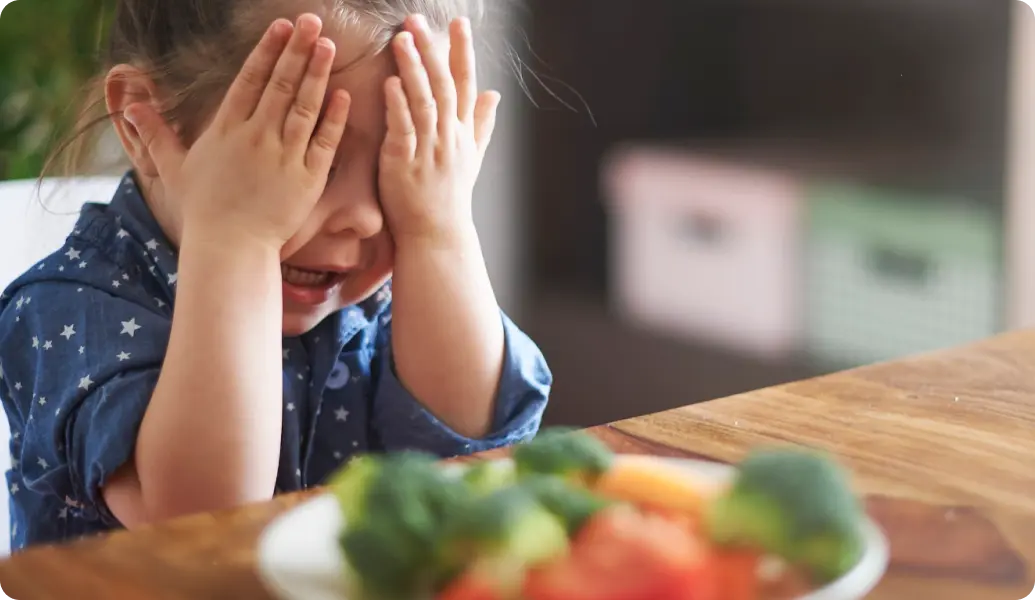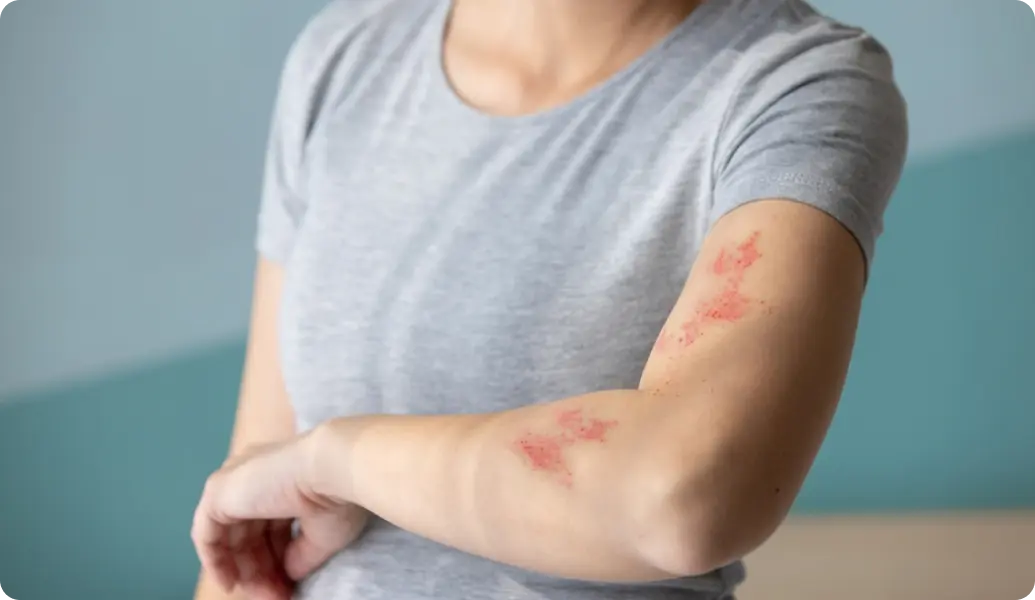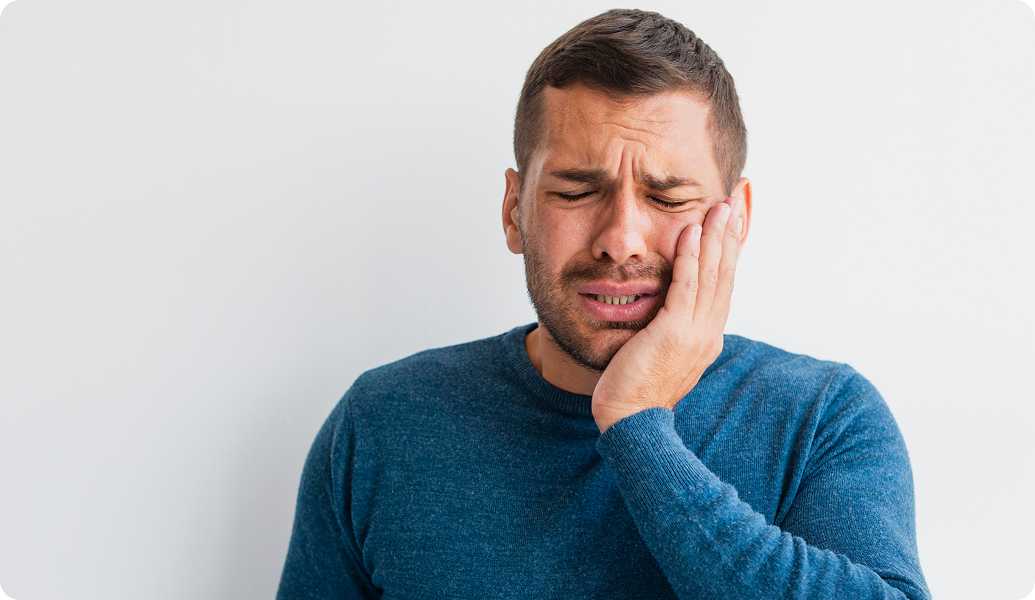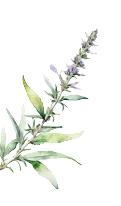
Food aversion in children often stems from digestive dysfunction, which can affect the digestion, absorption and assimilation of food. This may lead to symptoms like weakness, restlessness, anaemia or even neurological issues. Interestingly, despite not eating enough, some children may display hyperactive behaviour, which concerns many parents. Addressing the root cause is essential to supporting your child’s overall health and well-being.
While identifying the specific cause and creating a personalized therapeutic plan is ideal, you can start with some natural remedies to improve their eating habits.
Psychological Considerations:
- Avoid forcing your child to eat: Forcing food can lead to long-term trauma and hinder digestion. Stressful eating conditions worsen discomfort and deepen food aversion. Try making mealtimes fun, like using doll tea sets or involving your child in food prep.
- Encourage sensory exploration: Allow your child to explore food with all their senses: let them smell, touch or even kiss the food without pressure or obligation to eat. Sensory experiences are crucial for stimulating appetite.
- Watch for digestive issues: Symptoms like constipation, bloating, nausea or reflux may indicate digestive discomfort. Addressing these early can help, but more persistent cases may need a specific approach.
Therapeutic Measures:
Abdominal Warm Oil Massage and Herbal Bath
Daily gentle body massage with warm oil is beneficial, particularly a clockwise abdominal massage. Use oils like cold-pressed castor oil, sesame oil or Ayurvedic oils such as Ksheerabala Thailam, Balashwagandhadi Thailam, Dhanwantaram Tailam or Mahanarayana Thailam. Another method involves pooling umbilicus with gently warmed castor oil for 10 minutes with gentle warmth applied (such as warm hands or warmed towel). Follow the massage with a warm shower, bath or sitting herbal bath using the herbal infusion of thyme (or liquorice in case of eczema). This therapy stimulates appetite, aids digestion and encourages healthy downward peristaltic movement and is an excellent remedy for weak or sickly children.
Important Notes:
- Strictly avoid oil massage and baths immediately after eating, as this can cause
indigestion with potentially cause long-term issues. - Temporarily discontinue this therapy during acute conditions like fever, diarrhoea or any bleeding condition.
Pomegranate & Honey Drink
Mix fresh pomegranate juice, raw honey, and a pinch of rock salt. The juice should be sweet, sour and astringent (avoid using unripe or only acidic fruits). Let your child hold the juice in their mouth briefly before swallowing. If they do not like it at first, try serving it in a fun way, like using a shot glass or oral dispensing syringe. Offer small amounts several times a day.
Coriander Smoothie
Blend a handful of fresh coriander leaves, half a pomegranate and a little honey with a some of water to create a smoothie. Offer the smoothie in one or two shot glasses at a time. Coriander leaves are a wonderful remedy for a variety of gastrointestinal issues and help stimulate appetite. However, their scent and taste can be polarizing; some people find the smell refreshing, while others may be put off by it.
Dadimadi Churna
This is a classical paediatric recipe for children with food aversion and can be easily prepared at home. The ingredients are: A traditional remedy for food aversion, it combines:
- 2 parts dry pomegranate seeds
- 3 parts sugar
- 1 part cardamom, cinnamon, and bay leaf mix
Grind ingredients separately, mix, and take 1/8 to 1/6 teaspoon of this mixture twice a day with warm water or buttermilk (see below for buttermilk recipe) before meals. It should be used for 2-4 weeks.
Important Note: Pomegranate may be a little constipative; if so, take with homemade ghee.
Takra (Spiced buttermilk)
Churn well 1 part of organic curd (full-fat yogurt) well with 6 parts of cold water and add a pinch of cumin and coriander powder, fresh coriander leaves and a little rock salt. However, for very small children, it is recommended to add sugar and liquorice (Glycyrrhiza glabra) instead. Small amounts of rock salt in the recipe help stimulate digestion, but if needed, you can omit the salt to make the taste more palatable for your child. This drink stimulates both appetite and digestion, enhances absorption of nutrients, cleanses intestine and promotes healthy gut microbiota.
Important Note: Takra should be avoided during very hot summer days, as well as in cases ofdiarrhoea, acute fever or cold.
Sweet Flag Powder
For a 4-year-old, mix a tiny amount of Sweet Flag powder (Acorus calamus) in an amount of the size of 1 mustard seed with a pinch of liquorice powder (Glycyrrhiza glabra) and milk. Have child lick it before meals twice a day for 2-4 weeks. For an 8-year-old, use this powder in an amount of 2 mustard seeds with a pinch of liquorice powder. Sweet Flag is a very potent herb and its intake should not be increased liberally.
Herbal Milk with Dry Ginger and Shatavari
Boil 1 cup of whole milk with 1⁄2 cup of water adding a dash of dry ginger in a size of 2 mustard seeds and 1⁄4 teaspoon of Shatavari (Asparagus racemosa). Boil for 5 minutes and can be sweetened with sugar or honey. Let your child it drink a cup daily. While not specifically an appetite stimulant, this combination strengthens and nourishes the body, making it safe for long-term use. Or opt for Golden Milk below.
Golden Milk with Turmeric
Boil 1 cup of whole milk with 1⁄2 cup of water, adding 1⁄4 teaspoon of turmeric powder and 1⁄4 teaspoon of
Shatavari and/or liquorice. Boil for 5 minutes. Golden Milk can be sweetened with sugar or honey and
should be drank daily (afternoon is a recommended time). It enhances immunity, reduces inflammation
and supports liver and skin health. Safe for long-term use.
- Turmeric has powerful anti-inflammatory, liver, blood and skin detoxifying benefits.
- Shatavari boosts immunity and supports growth and development in children.
- Liquorice is an immunity booster with anti-inflammatory and rejuvenating properties, ideal for
children, the elderly and generally weak individuals.
Final Considerations:
This therapy may not be suitable for individuals with complex health issues or specific allergies. In suchcase, consult a healthcare professional or Ayurvedic practitioner to discuss how the treatment can be adjusted for your child’s unique needs.





